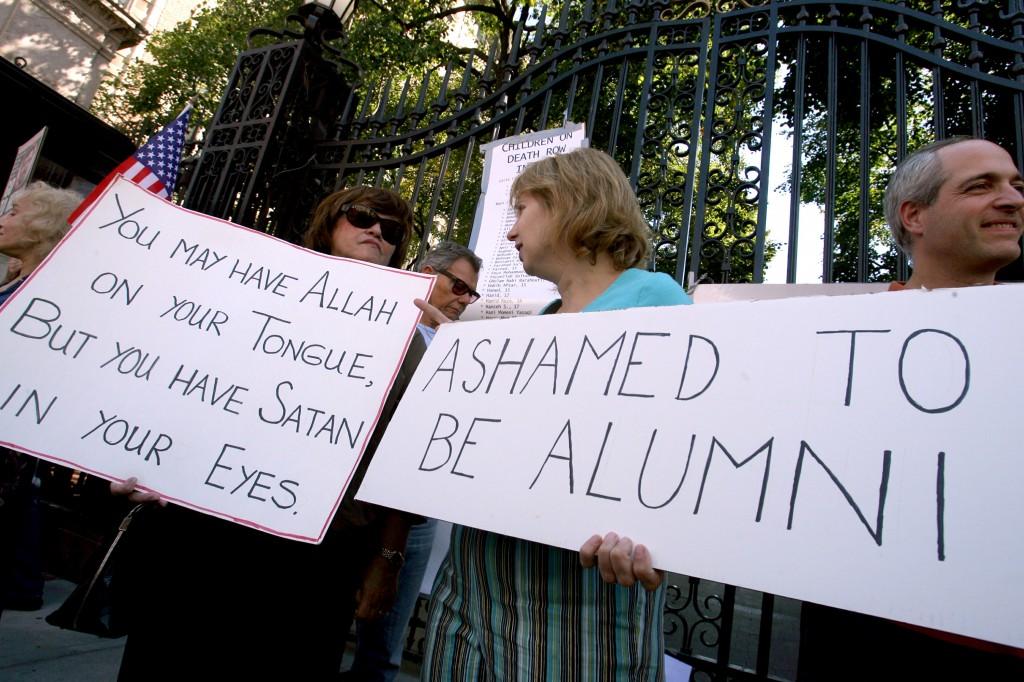Does Amadinejad have the Right to Speak?
May 27, 2011

Published: October 11, 2007
On Sept. 24, nearly every New Yorker was affected in some way by Iranian President Mahmoud Ahmadinejad’s visit to the city. Whether you were opposed to the Iranian head of state’s plan to speak at Columbia University or whether you felt Ahmadinejad had the right to participate in public discourse, it is clear that his visit to New York City stirred up controversy and even some post 9/11 anxiety. When I heard that Ahmadinejad would speak at Columbia, I was not against it. I understood that many people would protest, but I felt that such an important political figure should have the chance to speak. This is especially true in an academic forum. While I do not agree with the majority of the Iranian President’s remarks regarding Israel and his statements about homosexuality in his country, I strongly believe that he should be allowed to voice his opinions.
Ultimately, the president was barred from visiting the World Trade Center site, due mainly to the overwhelming response from New Yorkers who believe his government is partly responsible for aggression against U.S. troops in Iraq. It could be argued that preventing Ahmadinejad from traveling to the World Trade Center memorial was unethical and un-American. However, I truly believe that the decision was made with the public’s best interest in mind. Had Ahmadinejad been allowed to visit the site, the atmosphere would have been extremely tense and possibly dangerous.
The Iranian president’s plan to speak at Columbia University seemed to test the ability of New Yorkers to set aside their own personal feelings toward the man and allow him to speak freely in a nation which was founded on the basic principles that no person should be prevented from speaking their mind. Ironically, President Ahmadinejad is protected, in America, by those personal liberties which are not enjoyed by his subjects in Iran. Had the circumstances been reversed and President Bush had been slated to address the Iranian people, I am sure that no pro-Israel commentary would have been allowed. Amidst the throng of protesters amassed outside Columbia’s gates, Ahmadinejad was able to speak to hundreds of university students and even take a few shots at the university’s president.
Prior to Ahmadinejad’s speech, Columbia University’s president, Lee Bollinger, spoke to students and faculty. He denounced many of the statements the Iranian president had made in the past. Ahmadinejad’s response to this was to lecture students and faculty on the narrow-mindedness of denigrating speakers ideas before they even address their audience. Columbia’s president inadvertently helped to bolster Ahmadinejad’s legitimacy by bashing him prior to his speech. In principle, it would seem that the Iranian president has a valid point. Is it really ethical to denounce a speaker before they even step up to the podium? Perhaps you believe that Bollinger was exercising his right to speak freely.
Regardless of your personal feelings, try to ask yourself the question in the context of any speaker. President Ahmadinejad might be hated and even feared by some, but as a head of state and a guest in this free nation, should he be allowed to speak unhindered? This does not mean that free people should not line the street and protest against him, that type of thing is a necessary duty of all Americans who feel strongly about the situation.









